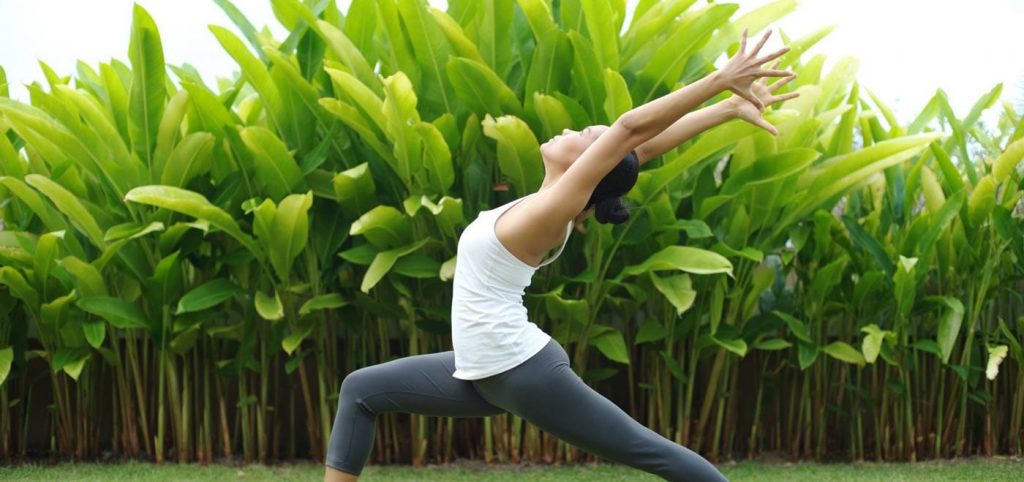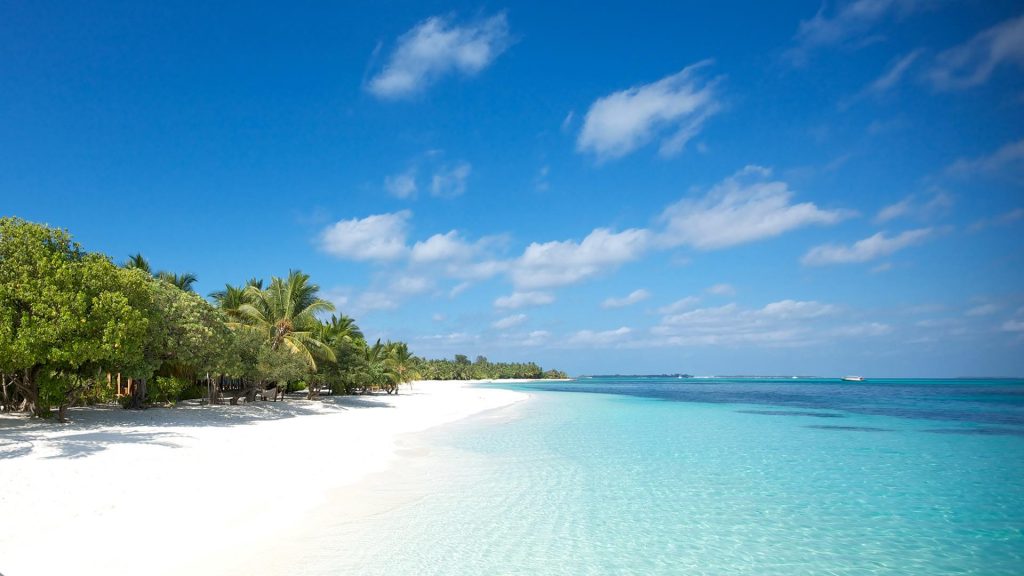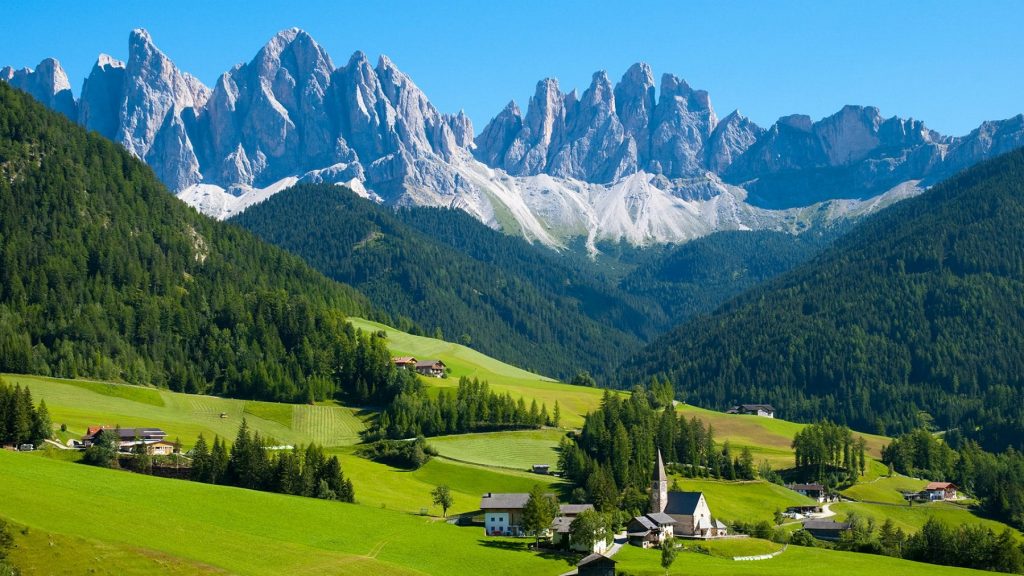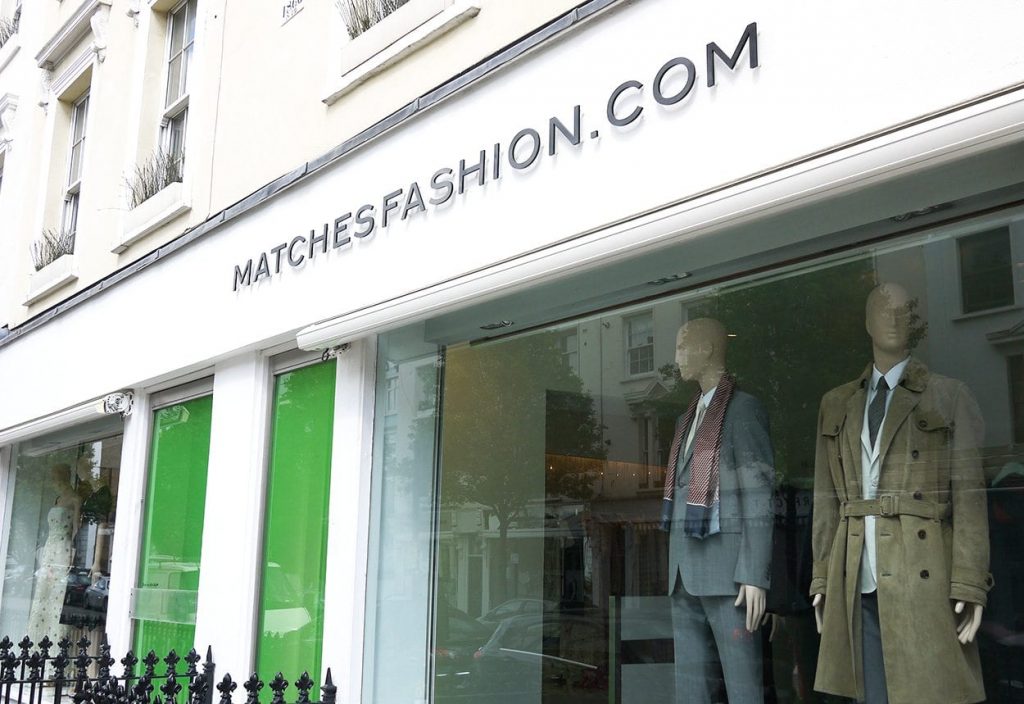Through our Sustainability Series, we will continue to share the ultimate in both luxury and sustainability for you to explore, discuss, learn and lust over. Here we explore the relationship between luxury and sustainability and how this affects our decisions and our preferences.
What does luxury mean to you? And does the idea of sustainability factor into your image of luxury? While to some luxury may mean the finest quality goods or access to utter relaxation, to others it may mean the freedom to do and support what they love or make a desired choice – the choice to choose sustainability perhaps. We adore discovering brands who’re breaking the mould and making their own way in the luxury industry and caring for the planet as they do.
Luxury brands, although desirable, are often also associated with excessive consumerism and not as often with universally beneficial impacts.
Is sustainability a luxury? Before the light was shone so brightly on the devastating impacts of our actions on the planet, sustainability was not generally a mainstream concern. In these times gone by, in terms of durability, luxury goods of higher quality, with longer lifespans were perhaps subconsciously a more sustainable choice. This was however more due to mature generations’ focus on craftsmanship and performance rather than slow fashion as such.
‘Today we wear our items 40% less than 10 years ago.’
Younger generations now coming into their own, Millennials and GenZ, care about the planet and are willing to pay more for the brands they believe will nurture our home, our animals and our bodies.
Enter rapidly increasing and very conscious consumer concerns around where, how, from what and through who products come to be in their possession, and where it and it’s packaging will go once they’re finished with it. The fact is that sustainability is a luxury. The ability to make sustainable choices, with brands that often cost more to purchase (due to the sourcing of sustainable materials, practices and ethical labour), is considered a luxury in itself.
This fundamental change in consumer behaviour has developed a niche line of luxury brands and organisations and caused traditional high end luxury brands to reassess their values. Is luxury then playing a role in driving sustainability?
Perhaps one of the most recognised leading designer brands to make waves with their sustainable approach is Stella McCartney. One of the first to reject using fur in their designs, the brand then introduced simple labeling to help their customers care for their clothes properly so that they last. They are conscious with the materials they choose; recycled, organic or re-engineered, deliberately and meticulously selecting their suppliers.
Have you avoided trusted brands for their lack of commitment to values you feel passionately about, or perhaps those who have attempted to join the movement with greenwashing tactics? For luxury brands and organisations selling sustainability, originality and authenticity matter. Whether for a genuine, deep-rooted love of the planet or a need to keep up with the newest exclusive club (the sustainability club), we love witnessing and exploring all the organisations who are facing their sustainability responsibilities. We especially love the new era brands who were actually born with sustainability at their heart.
For us the excitement of discovering labels, brands and companies who radiate values we connect with is fast becoming a favourite pastime. Brands like Olivia Rose the Label, escapes like the Sani Resort, recently achieving a zero carbon footprint, and platforms such as Vestiaire Collective. Vestiaire was born with a passion to both breathe new life into the stunning, no longer worn designer pieces hung in wardrobes across the globe and with a passion to transform the fashion industry for a more sustainable future. Olivia Rose the label is a UK born, slow fashion brand, creating stunning clothing pieces from UK made materials, made to order to cut down on wasted resources and fabrics.
The relationship between luxury and sustainability is evolving. So while yes, sustainability can be a luxury, it is becoming one that we’re more easily able to source and enjoy and more frequently becoming the center of brands’ offerings.
As we explore sustainability in luxury further, we’ll be discussing the trends and relationships we see throughout the luxury space, and highlighting some of our favourite brands and organisations doing their part for the planet across all industries and across the globe. If you think your brand would be an ideal fit to be featured as part of this series, as we said, we love discovering new luxury names, so please reach out to our editor at flo.m@thesybarite.org and our team will be happy to respond.






